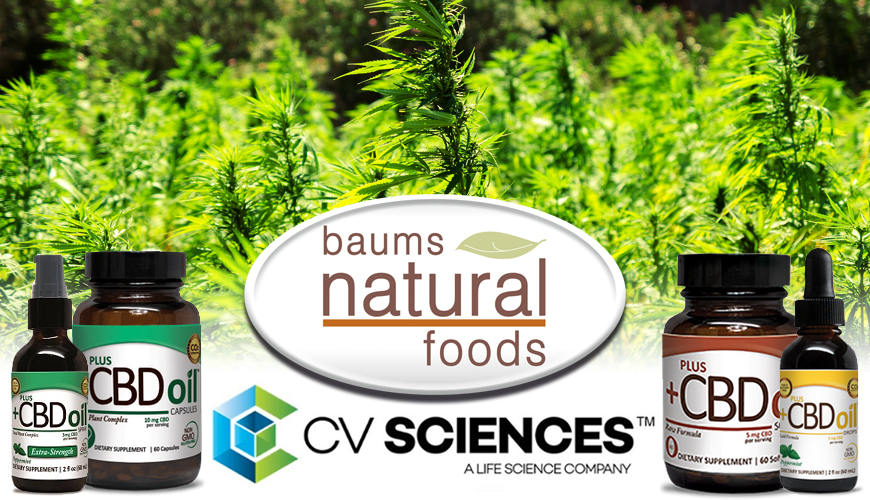You've most likely heard about stem cells and perhaps wondered if they might help you or a loved one with a serious disease or injury. It’s time to find out!
Stem Cells: The Body's Master Cells Stem cells are the body's raw materials - cells from which all other cells with specialized functions are generated. Under the right conditions in the body or a laboratory, stem cells divide to form more cells called daughter cells. These daughter cells either become new stem cells (self-renewal) or become specialized cells (differentiation) with a more specific function, such as blood cells, brain cells, heart muscle cells or bone cells. No other cell in the body has the natural ability to generate new cell types.
Stem Cells and Aging Your body doesn’t heal as quickly with age because your stem cell population diminishes and loses vitality. Environmental exposures, stress, diet and exercise habits all have an impact on the health and number of stem cells you produce as you get older. Take for instance, just one stem cell from a healthy newborn will double in size every 24 hours. In 24 hours you have two, the next day you have four, then eight, then 16 and so on. By the end of 30 days, it becomes one billion young, fresh, perfect stem cells. If you take one stem cell from a 35-40 year old person and watch it grow, it’s going to double every 48 hours. At the end of one month, that one cell is only 32,000 cells compared to a billion in the newborn. Now, take a stem cell from a 60+ year old. That cell is only going to grow and divide every 60 hours. By the end of the 30 days, you’re only going to have 200 stem cells. Ah, aging...
Stem Cells and Disease Stem cells can be guided into becoming specific cells that can be used to regenerate and repair diseased or damaged tissues, People who might benefit from stem cell therapies include those with: spinal cord injuries, type 1 diabetes, Parkinson's disease, amyotrophic lateral sclerosis (ALS), Alzheimer's disease, heart disease, stroke, burns, cancer and rheumatoid & osteoarthritis. Stem cells may even have the potential to be grown to become new tissue for use in transplants!
Where Do These Stem Cells Come From? Researchers have discovered sources of stem cells from bone marrow, adipose (fat) tissue and perinatal tissues. Perinatal stem cells are post-birth stem cells procured from umbilical cord blood, amniotic tissue, and placenta that is donated by healthy mothers after they have given birth in hospitals. These procured perinatal stem cells have the ability to change into specialized cells, such as muscle, nerve, heart, etc.
Why Can't Researchers Use Adult Stem Cells Instead? Although research into adult stem cells is promising, adult stem cells may not be as versatile and durable as other sources. Adult stem cells may not be able to be manipulated to produce all cell types, which limits how adult stem cells can be used to treat diseases. They are also are more likely to contain abnormalities due to environmental hazards, such as toxins, or from errors acquired by the cells during replication.
What Is Stem Cell Therapy (Regenerative Medicine) and How Does It Work? Stem cell therapy, also known as regenerative medicine, promotes the repair response of diseased, dysfunctional or injured tissue using stem cells or their derivatives. It is the next chapter in organ transplantation and uses cells instead of donor organs, which are limited in supply. Researchers grow stem cells in a lab. These stem cells are manipulated to specialize into specific types of cells, such as heart muscle cells, blood cells or nerve cells. The specialized cells can then be implanted into a person. For example, if the person has heart disease, the cells could be injected into the heart muscle. The healthy transplanted heart muscle cells could then contribute to repairing defective heart muscle. Researchers have already shown that adult bone marrow cells guided to become heart-like cells can repair heart tissue in people, and more research is ongoing.
Have Stem Cells Already Been Used To Treat Diseases? Yes. Doctors have performed stem cell transplants, also known as bone marrow transplants. In stem cell transplants, stem cells replace cells damaged by chemotherapy or disease or serve as a way for the donor's immune system to fight some types of cancer and blood-related diseases, such as leukemia, lymphoma, neuroblastoma and multiple myeloma. These transplants use adult stem cells or umbilical cord blood.
Want To Know More? Attend our Stem Cell Seminar! Call to reserve your spot today! Baum’s Merrillville 219-769-3140





Comments (0)